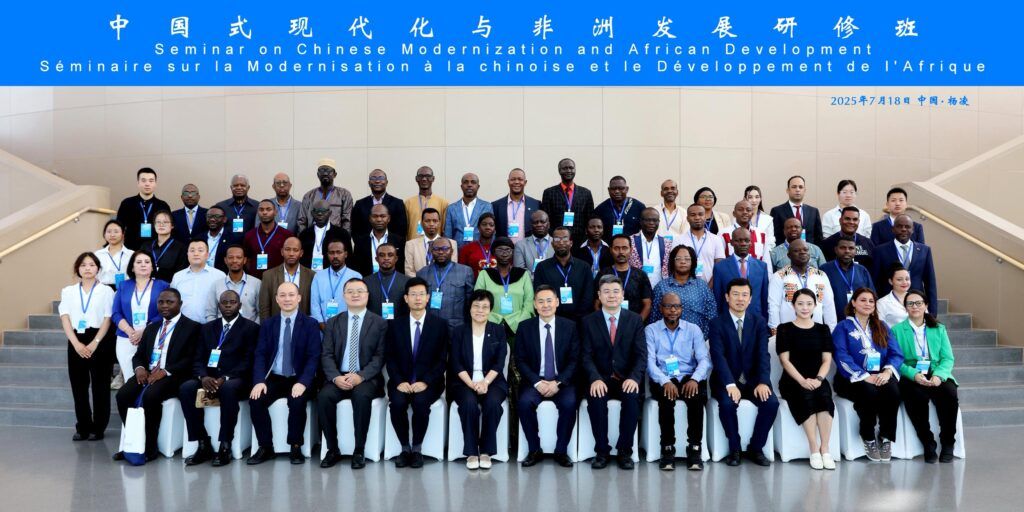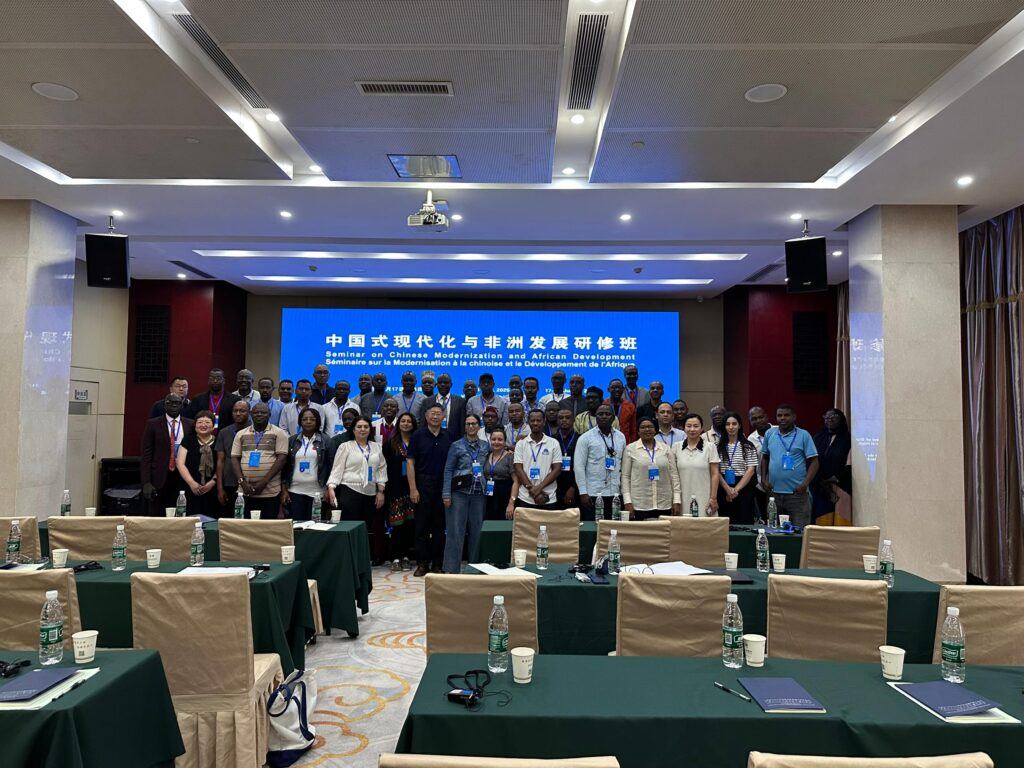On July 9, 2025, South Sudan will celebrate 14 years of independence from Sudan—a hard-fought victory that cost millions of lives and decades of struggle. Flags will fly. Songs will be sung. Officials will deliver carefully worded speeches about peace, prosperity, and the future. But for many ordinary citizens like myself, the occasion provokes a different set of questions: What exactly are we celebrating? Are we truly independent, or have we merely traded one form of marginalization for another?
Fourteen years is a significant span in the life of a nation. It’s enough time for a baby to become a teenager, for ideas to mature into institutions, and for dreams to turn into realities—or nightmares. And yet, here we stand, a nation rich in potential but burdened with confusion, corruption, and chaos.
THE ILLUSION OF SOVEREIGNTY
Let’s start with a glaring fact: we do not control our own airspace. For a country that fought tooth and nail for self-determination, relying on foreign entities—still Sudan, in many cases—to monitor our skies is not just a logistical failure; it’s symbolic of deeper sovereignty issues. How can we claim full independence when we cannot decide who flies in and out of our airspace?
And what of our borders? The 1st of January, 1956, was meant to be the reference point for boundary demarcation when Sudan and South Sudan split. But those lines have been blurred, contested, and manipulated. Communities in disputed areas like Abyei live in perpetual limbo. Armed confrontations continue in border regions, and our inability to finalize these lines invites foreign and internal opportunists alike to exploit the vacuum.
GUNS, CATTLE, AND LAWLESSNESS
Meanwhile, across the country, civilians still carry guns as if they were wallets or house keys. In some areas, the normalization of gun ownership has rendered the state nearly irrelevant. We’ve turned our towns and villages into war zones, echoing the lawlessness of neighboring regions like Kenya’s Turkana District, where cattle raids are an age-old practice. Here in South Sudan, those raids don’t just result in stolen livestock—they end lives, abduct women and children, and perpetuate cycles of revenge that are impossible to break.
We speak often of peace and reconciliation, yet we fail to disarm the population. Programs to collect weapons have been sporadic, poorly managed, and often reversed by the same leaders who commissioned them. The result is a volatile security situation where the state is neither feared nor respected, and justice is more often sought through the gun than the law.
THE TRAGEDY OF ABUNDANCE
Ironically, South Sudan is a land blessed with immense natural wealth. From the vast herds of wildlife in Boma and Nimule to the fertile soils of Western Equatoria and Upper Nile, we have all the raw ingredients needed to build a sustainable, thriving economy. Yet we squander it.
Our wildlife is supposed to be a national treasure, preserved for future generations and leveraged for eco-tourism. But instead of preserving it, we consume it—literally. Game meat, often obtained through illegal means, is sold openly in markets. Conservation officers are underpaid or under threat, and poaching is seen not as a crime but as survival. We have yet to understand that what we kill for dinner today may have been our ticket to development tomorrow.
Fertile land abounds, but famine persists. In much of the country, we still cannot feed ourselves. We import food from Uganda, Kenya, and even as far as Dubai while vast hectares of arable land lie idle. Why? Because insecurity, displacement, and a lack of agricultural investment have rendered farming a risky, often impossible venture. Farmers who attempt to cultivate land are sometimes targeted by armed groups. Seeds rot in storehouses. Irrigation is nonexistent in most places. And mechanization? That’s still a distant dream.
NGO REPUBLIC?
South Sudan has often been dubbed the “NGO Republic.” And for good reason. From humanitarian relief to health, education, and infrastructure, non-governmental organizations do much of what the government should. In many areas, it is not the state that builds clinics, but Catholic Relief Services. It is not the Ministry of Health that vaccinates children, but Médecins Sans Frontières. It is not the Ministry of Education that provides schooling, but UNICEF.
This over-reliance on NGOs is both a symptom and a cause of state weakness. Yes, these organizations fill critical gaps. But they also, inadvertently, enable the government’s abdication of its core responsibilities. When your health system is funded by donors and your roads built by NGOs, there’s little incentive for national leaders to invest in these sectors themselves. Donors come and go. Their mandates change. Their budgets fluctuate. A sovereign nation should never gamble its survival on the whims of external actors.
TWO GOVERNMENTS, ONE COUNTRY?
Perhaps the most troubling sign of our national dysfunction is political fragmentation. Fourteen years after independence, we still operate with two parallel governments—each with its own army, its own budget, and its own ambitions. The so-called “unity government” is, in reality, a fragile coalition built not on shared vision but on shared fear.
This duality of power makes governance nearly impossible. Ministries are duplicated. Decisions are delayed. Rival military forces still control different parts of the country, and the recent resurgence of conflict in areas like Leer, Mayom, and Maiwut are testament to the ongoing power struggle. When two generals can issue contradicting orders and both be obeyed, the result is not unity—it’s anarchy.
CHINA: PARTNER OR POLLUTER?
Some might argue that China can help fix this mess. After all, Beijing has invested heavily in oil, infrastructure, and health. But even here, there are complications. Chinese companies have been accused of environmental malpractice, particularly in the oil-producing regions of Upper Nile and Unity states. Waste from oil production is often dumped openly, contaminating water sources and farmlands. Instead of re-injecting waste or converting it into reusable products like concrete or fertilizer, it’s left to poison both people and animals.
So can China really help? Yes—but only if we demand better. Investment without regulation is just exploitation. Foreign partners will never care more about our land than we do. It’s up to us to set the terms and enforce them. China will act responsibly only if we insist on it.
THE ROLE OF THE COMMON CITIZEN
In all this, one might ask: what role can a normal citizen like me play? The answer is both simple and profound. Change does not come solely from the top. It comes from the ground up. Citizens must stop accepting mediocrity as the norm. We must demand accountability from our leaders, not through violence, but through civic engagement, education, and peaceful advocacy.
We must also change our own behaviors. Stop bribing police officers. Stop stealing in the name of survival. Stop turning tribal identity into a political weapon. South Sudan will not be saved by foreign aid, military might, or oil revenue. It will be saved by a cultural shift toward responsibility, integrity, and cooperation.
A TIME FOR MOURNING, NOT CELEBRATION?
So what is there to celebrate after 14 years? Our flag? Our anthem? These symbols mean little if the lives beneath them are lived in fear and deprivation. Perhaps what we need this year is not a celebration but a moment of national mourning—a collective pause to reflect on what has been lost, what has been squandered, and what must urgently change.
Let us not light fireworks while our children go to sleep hungry. Let us not dance while our neighbors die in tribal clashes. Let us not wave flags while our young people drown in the Nile trying to flee to Europe. Let this anniversary be a wake-up call, not a feel-good festival.
CONCLUSION: CHARTING A NEW PATH
South Sudan is not a failed state—it is an unfinished one. Our story is not yet over. We still have the opportunity to change course, to build the nation we dreamed of in 2011. But to do so, we must ask ourselves hard questions and commit to hard choices. Leadership must mean service, not self-enrichment. Citizenship must mean participation, not passive observation.
Only then will our independence be real—not just in name, but in essence. Until then, independence anniversaries will remain hollow rituals, disconnected from the lived realities of the people they claim to honor.
AUTHOR BIO
John Monyjok Maluth is the author of 100 books, a teacher, coach, and public intellectual dedicated to promoting peace, development, and moral leadership in South Sudan.
CONTACT
- Email: maluthabiel@gmail.com
- Phone: +211 927 145 394
- Website: https://www.amazon.com/-/e/B007Q063CG


